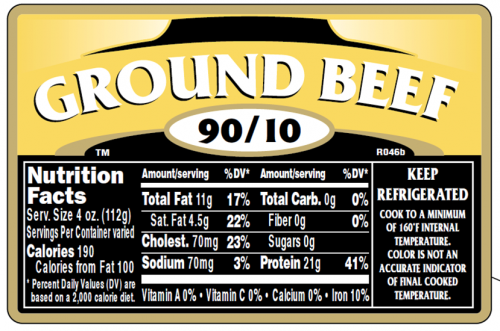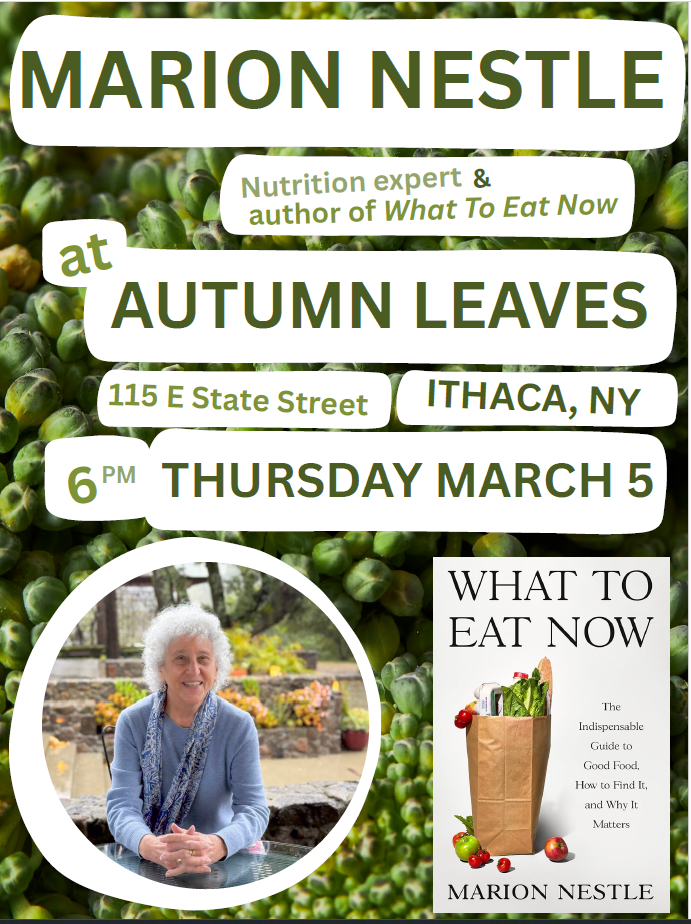The 2010 Dietary Guidelines, coming Jan 31
Here’s what I’m going to be doing on Monday morning:
INVITATION TO KEY STAKEHOLDERS TO JOIN IN THE NATIONAL RELEASE OF THE 2010 DIETARY GUIDELINES FOR AMERICANS
The U.S. Departments of Agriculture and Health and Human Services Will Release the 2010 Dietary Guidelines for Americans at a Joint Press Conference Monday, January 31, 2011
On Monday, January 31, the U.S. Department of Agriculture (USDA) and the Department of Health and Human Services (HHS) will hold a joint press a conference at The George Washington University Jack Morton Auditorium to release the new 2010 Dietary Guidelines for Americans.
Agriculture Secretary Tom Vilsack and HHS Secretary Kathleen Sebelius will discuss the Guidelines and provide key insights into the new recommendations. Joining the Secretaries will be Dr. Robert Post, Deputy Director of USDA’s Center for Nutrition Policy and Promotion and Rear Admiral Penelope Slade-Sawyer, HHS Deputy Assistant Secretary for Health Disease Prevention and Health Promotion. Immediately following the presentations, the speakers will entertain questions from the press, stakeholders, students and others in attendance.
Monday, January 31, 2011, 10 a.m. – 11 a.m. EST
The George Washington University
Jack Morton Auditorium
Media and Public Affairs Building
805 21st Street, NW
Washington, DC 20052
Stakeholders are invited to attend this event in person. Seating is limited and RSVP is required by 5 p.m. on Wednesday, January 26, by registering here.
Stakeholders may also view the event via webcast at www.usda.gov/live
Copies of the 2010 Dietary Guidelines for Americans will be available at www.DietaryGuidelines.gov immediately following the press conference.
Can’t wait!





